Our Team Members
Faculty
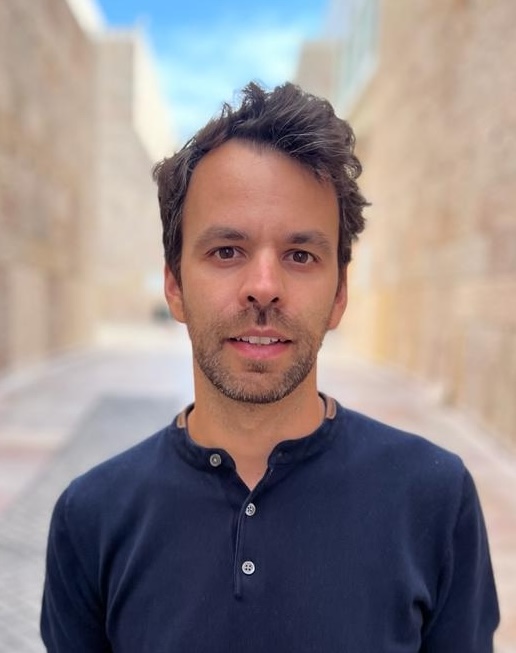
Frederico Fiúza
Frederico Fiúza is Professor of Physics at Instituto Superior Técnico (IST) and Visiting Professor at Stanford University. He obtained his master's degree in Engineering Physics in 2007 and his PhD in Physics in 2012, both from IST. Before returning to IST in 2023, he spent 11 years in the United States, where he was a Lawrence Fellow at Lawrence Livermore National Laboratory and a Senior Staff Scientist and Theory Group Leader at Stanford University and SLAC National Accelerator Laboratory. His current scientific interests focus on cosmic ray acceleration, plasma and laboratory astrophysics, and computational plasma physics. Frederico's research in these areas has been recognized by the American Physical Society (APS) with the Thomas H. Stix Award in 2018, the John Dawson Award in 2020 and the Landau Spitzer Award in 2024. In 2022, the European Research Council awarded him a prestigious ERC Consolidator Grant. In 2023, he was elected a Kavli Fellow by the National Academy of Sciences in the United States and an APS Fellow by the American Physical Society.
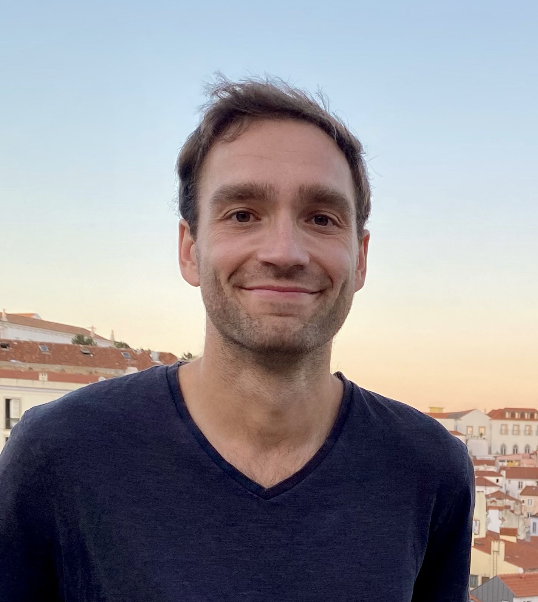
Philipp Kempski
Philipp Kempski is currently a postdoctoral fellow in the Theoretical High Energy Astrophysics (THEA) Group at Columbia University and will start as an Assistant Professor of Physics at Instituto Superior Técnico (IST) in February 2026. Born in Germany and raised in Poland, Philipp completed an integrated Master's degree in Mathematical and Theoretical Physics at the University of Oxford from 2013 to 2017, followed by a PhD in Astrophysics from UC Berkeley in 2022. Before joining Columbia, Philipp was a Lyman Spitzer, Jr. Postdoctoral Fellow at Princeton University from 2022 to 2025. His current research focuses on cosmic ray transport and feedback in galaxies, magnetized turbulence, plasma instabilities, and laboratory astrophysics.
Researchers

Pablo San Miguel
Pablo San Miguel is a MSCA-funded Fellow at the Group of Astrophysical Plasmas (IST, Lisbon), specializing in plasma physics and high-intensity laser-matter interactions. His research combines laser-based and accelerator-based plasma experiments with advanced numerical modeling of kinetic plasma dynamics. He completed his PhD at LOA (France) in collaboration with SLAC National Laboratory, earning the 2022 René Pellat Prize by the Societé Française de Physique. Other than plasma physics, his research interests also cover laser-driven XUV/X-ray sources, high-resolution imaging, and structured light in high-power laser facilities.
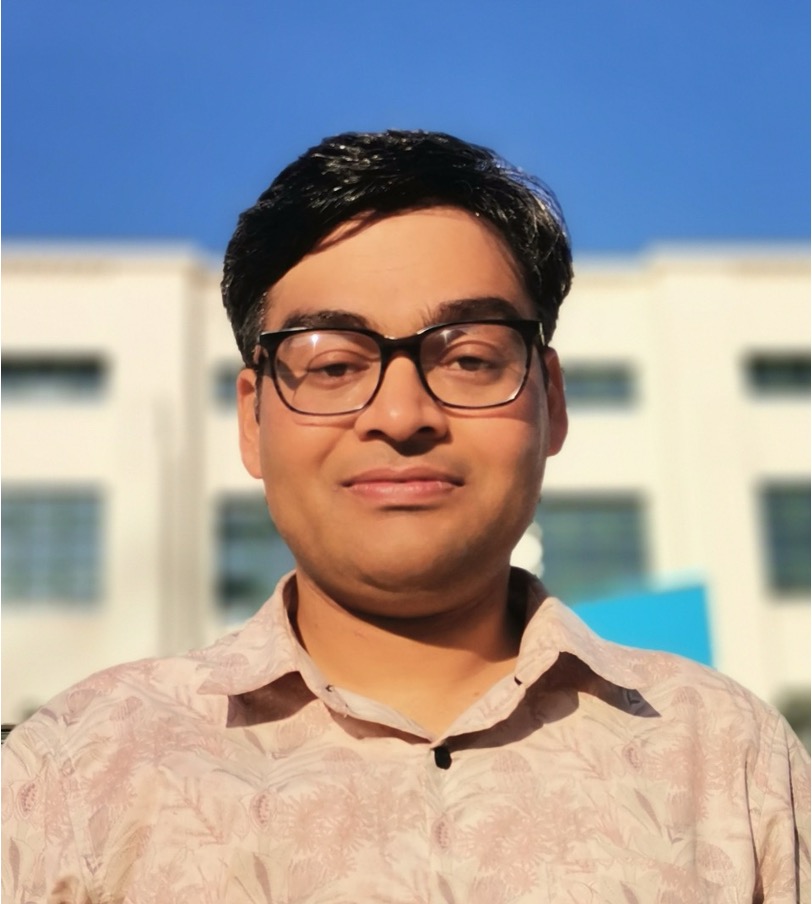
Tej Chand
Tej Bahadur Chand was born in Dadeldhura, Nepal. He received his PhD in High Energy Astrophysics from the Centre for Space Research (CSR) at North-West University, South Africa, under the supervision of Prof. Markus Böttcher. His doctoral work used particle-in-cell (PiC) simulations to investigate particle acceleration and radiation from shear boundary layers in relativistic jets emanating from active galactic nuclei (AGNs) and gamma-ray bursts (GRBs). He is currently a postdoctoral researcher in the Astrophysical Plasma Group at Instituto Superior Técnico (IST), Lisbon, led by Prof. Frederico Fiuza. His research focuses on particle dynamics in relativistic jets, employing PiC techniques to study the interplay of multiple mechanisms, such as collisionless shocks and plasma instabilities, in accelerating plasma particles to relativistic energies. Apart from kinetic simulations, his research interests include large-scale fluid simulations of relativistic jet plasmas to investigate the large-scale behavior of plasma in jets.

Kaushik Satapathy
Kaushik Satapathy was born in Paralakhemundi, a town in the eastern Indian state of Odisha in 1996. He earned his undergraduate degree in Aerospace Engineering at the Indian Institute of Technology Madras in 2018. He went on to complete his PhD in Physics at the University of Arizona in 2024 under the supervision of Prof. Dimitrios Psaltis and Prof. Feryal Özel. His doctoral research focused on Dissipation of Turbulence in Black Hole Accretion Flows. Following his PhD, he held a postdoctoral research position at the Georgia Institute of Technology until the summer of 2025. He is currently a postdoctoral researcher in the Group of Astrophysical Plasmas at Instituto Superior Técnico. His research interests are on plasma astrophysics, including the mechanisms underlying magnetic field amplification and particle acceleration in astrophysical collisionless shocks and in accretion flows surrounding compact objects. He is also interested in applied mathematical and machine learning techniques to study multi-scale phenomena in such plasmas. Outside of research, he enjoys playing tennis, hiking, and exploring new places.
Graduate Students
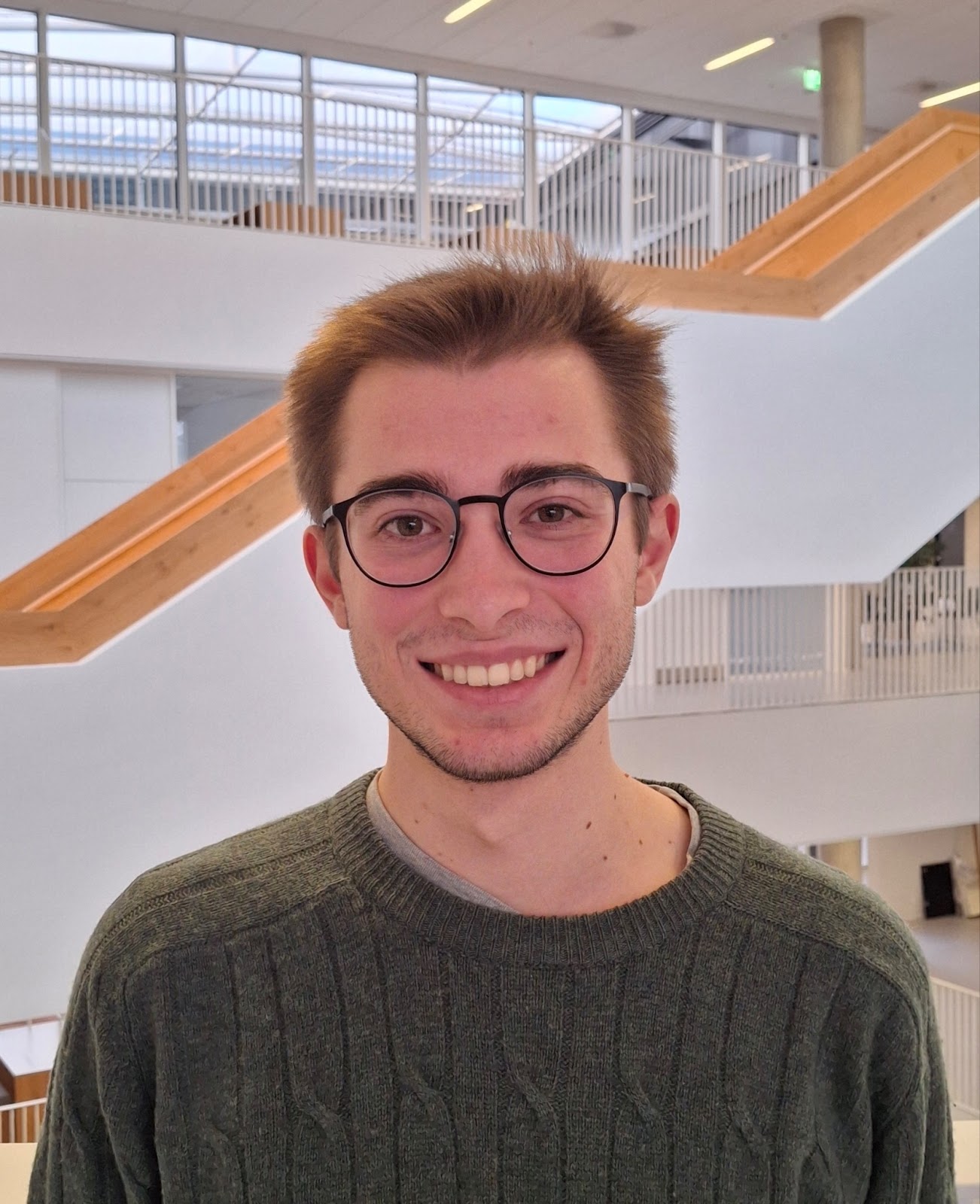
João Pedro Biu
João Biu concluded a Bachelor's Degree in Engineering Physics in July 2023 from Instituto Superior Técnico and is now pursuing an MSc in Engineering Physics at the same institution, where he focuses on plasma physics. Having previously worked on optimization of magnetic confinement fusion devices, João is now conducting his master's dissertation under the supervision of Prof. Frederico Fiuza and co-supervision of Prof. Rogério Jorge, exploring reduced multi-scale models for collisionless shocks using machine learning.
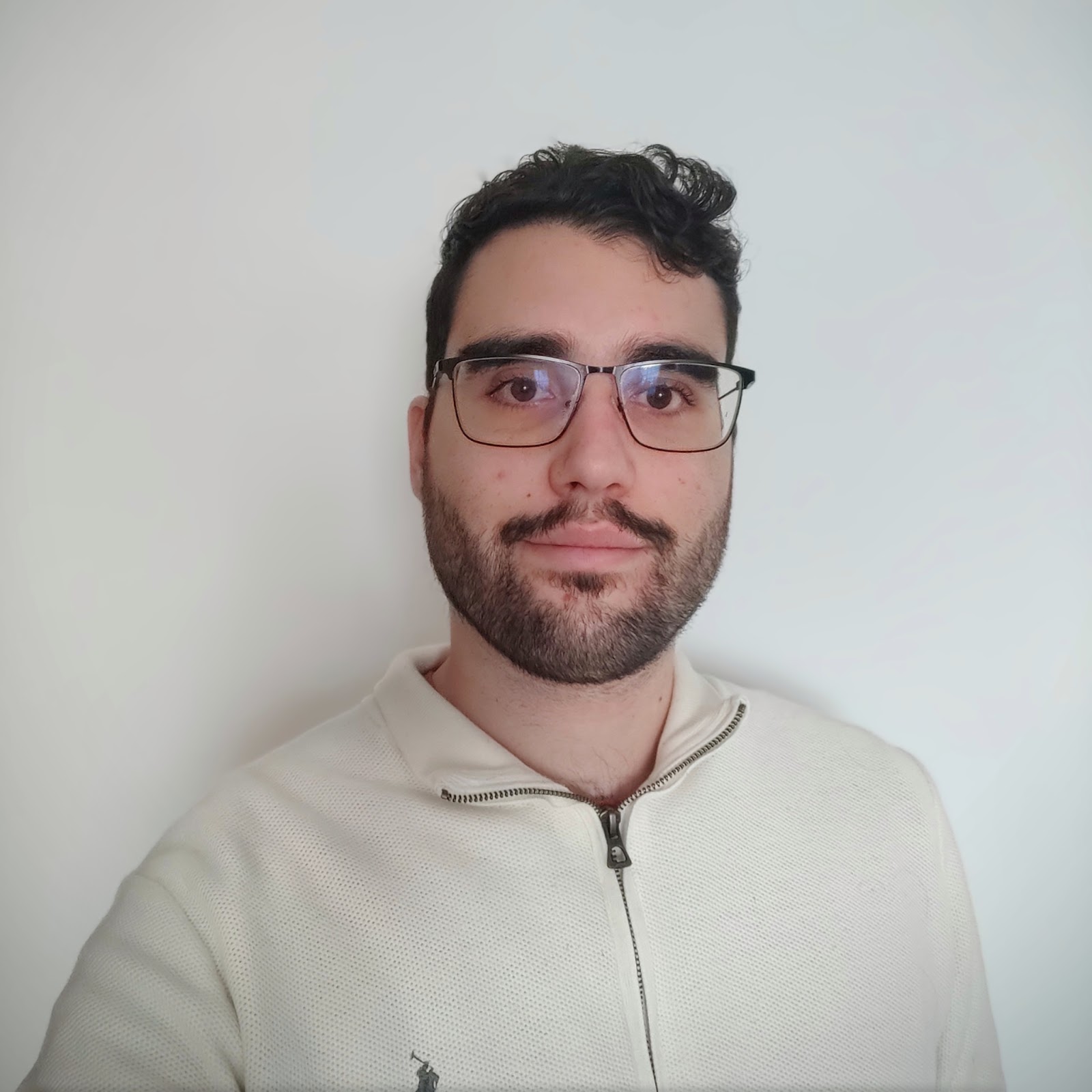
João Cândido
João Cândido obtained his bachelor's degree in Engineering Physics from IST in 2023, during which he worked on the optimization of fusion devices with Prof. R. Jorge, leading to an internship at the fusion energy startup Proxima Fusion. Currently, he is a master's student at the Group of Astrophysical Plasmas, where he is developing more efficient methods for kinetic simulations of high-field plasmas under the supervision of Prof. Frederico Fiúza and Prof. Luís O. Silva. His academic and research interests span fusion energy, plasma astrophysics, machine learning, and computational physics.

Marco Costa
Marco Costa was born in 2002 in Portugal. He completed his bachelor's degree in Engineering Physics at Instituto Superior Técnico in 2023, where he conducted research in electrohydrodynamics, focusing specifically on the role of Berry curvature in electron dynamics. Currently, he is researching plasma astrophysics under the supervision of Prof. Frederico Fiuza, investigating mechanisms of magnetic field amplification and particle acceleration in astrophysical collisionless shocks. Marco also has an interest in biophysics and is presently conducting his master's thesis at Johns Hopkins University in the Institute for NanoBioTechnology, supported by a grant from the Luso-American Development Foundation.

André Matias
André Matias completed his bachelor's degree in Engineering Physics at Instituto Superior Técnico in 2024 and is currently doing his master's thesis under the supervision of Prof. Frederico Fiuza. His research focuses on ion acceleration by superintense laser-plasma interaction.
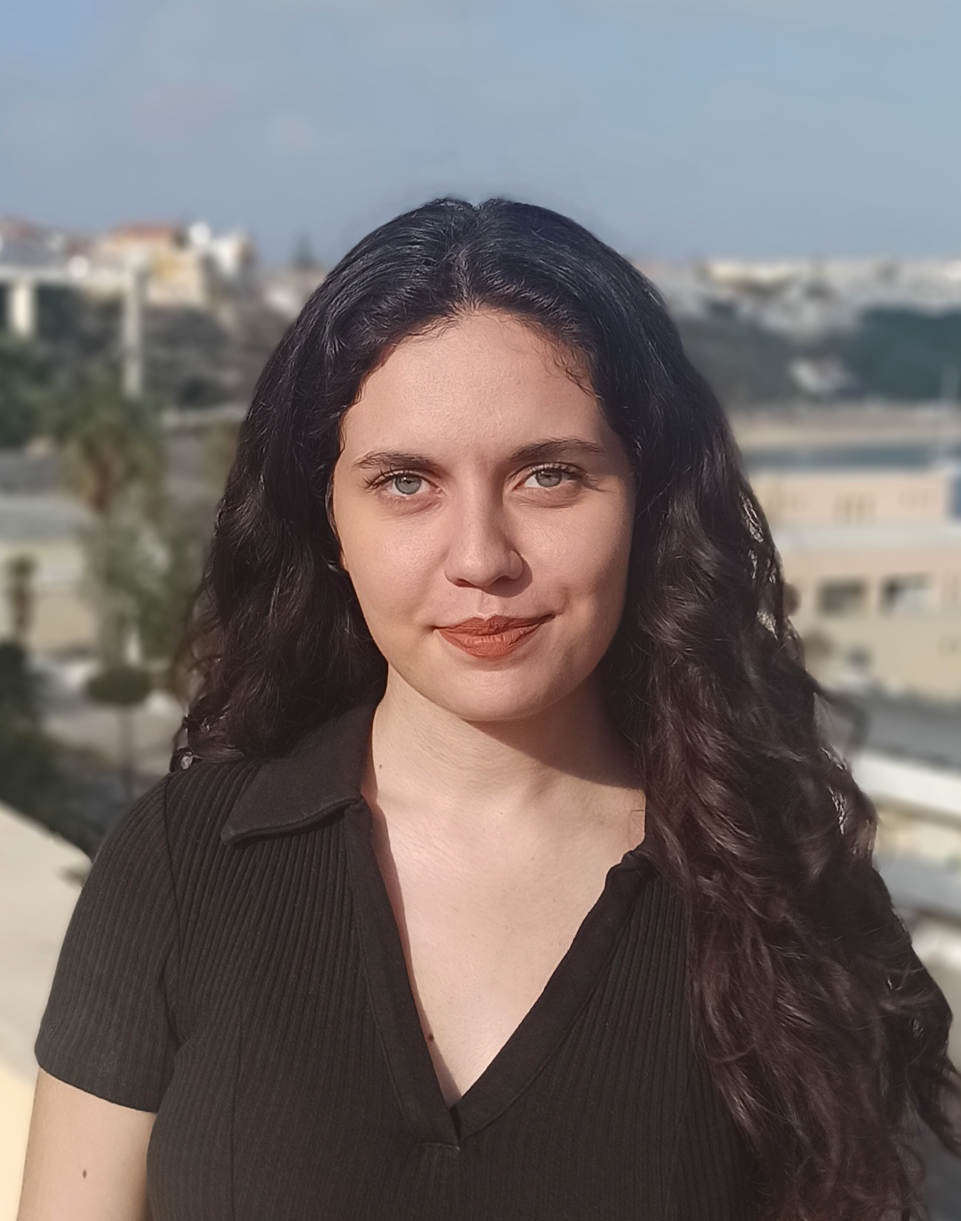
Daniela Estaço
From Sines, on the coast of Alentejo, Daniela Estaço completed her bachelor's degree in Physics at the University of Aveiro in 2024 and is currently pursuing a master's degree in Physics at Instituto Superior Técnico, University of Lisbon. So far, she has contributed to ongoing research in the area of Space Weather, including co-authorship of studies analyzing geomagnetic storm impacts and plasma bubble dynamics in Southern Europe, with a particular emphasis on how geomagnetic storms disrupt GNSS signal reliability. For her master's thesis, she is working on the numerical simulation of disturbances in the ionosphere, such as equatorial plasma bubbles (EPBs). Daniela is also highly proactive in student representation and currently serves as President of the Portuguese Association of Physics Students, where she works to strengthen the voice and involvement of physics students nationwide.

Duarte Lopes
Duarte Lopes earned his Bachelor's degree in Engineering Physics in July 2025 from Instituto Superior Técnico, where he is currently pursuing his Master's degree in the same field. His research interests lie in plasma astrophysics, particularly in understanding the physical processes responsible for magnetic field amplification and particle acceleration in astrophysical collisionless shocks, a research he is conducting under the supervision of Prof. Frederico Fiúza. His work has been partially supported by the Calouste Gulbenkian Foundation through the "Novos Talentos em Física" program.

Miguel Guimarães
Miguel was born in Porto, Portugal. He completed his bachelor's degree in Engineering Physics at Instituto Superior Técnico in 2025 and he is currently doing his Master's also in Engineering Physics with a minor in Data Science at the same institution, while researching under the supervision of Prof. Frederico Fiuza on plasma astrophysics, more precisely in the study of astrophysical jets and how plasma instabilities affect particle acceleration.
Undergraduate Students
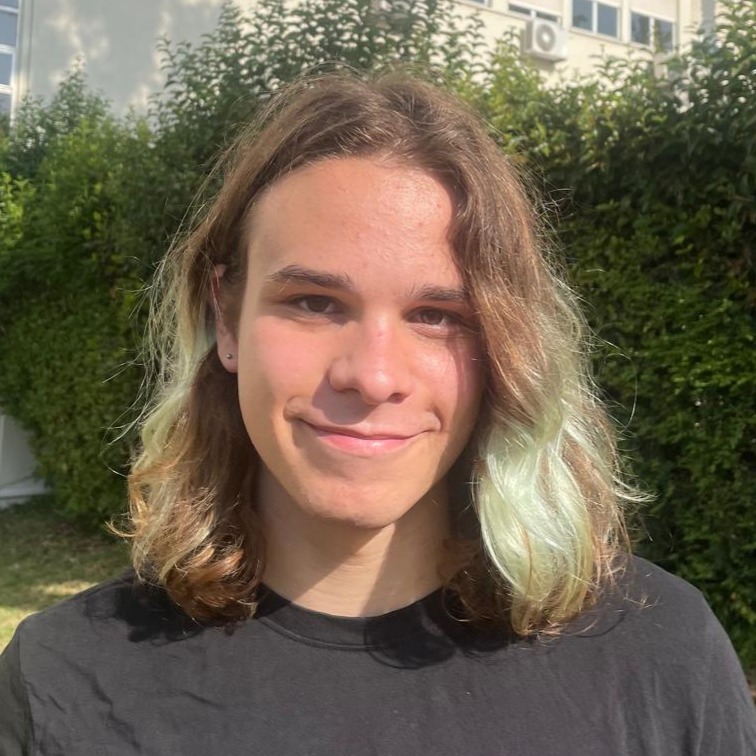
Rodrigo Marques
Rodrigo Marques was born in Porto. He is a 3rd year bachelor's degree student of Engineering Physics at Instituto Superior Técnico. He is working under the supervision of Prof. Frederico Fiuza studying the behavior of plasma and accelerated particles under strong magnetic field of relevance to laboratory astrophysics experiments at the National Ignition Facility.
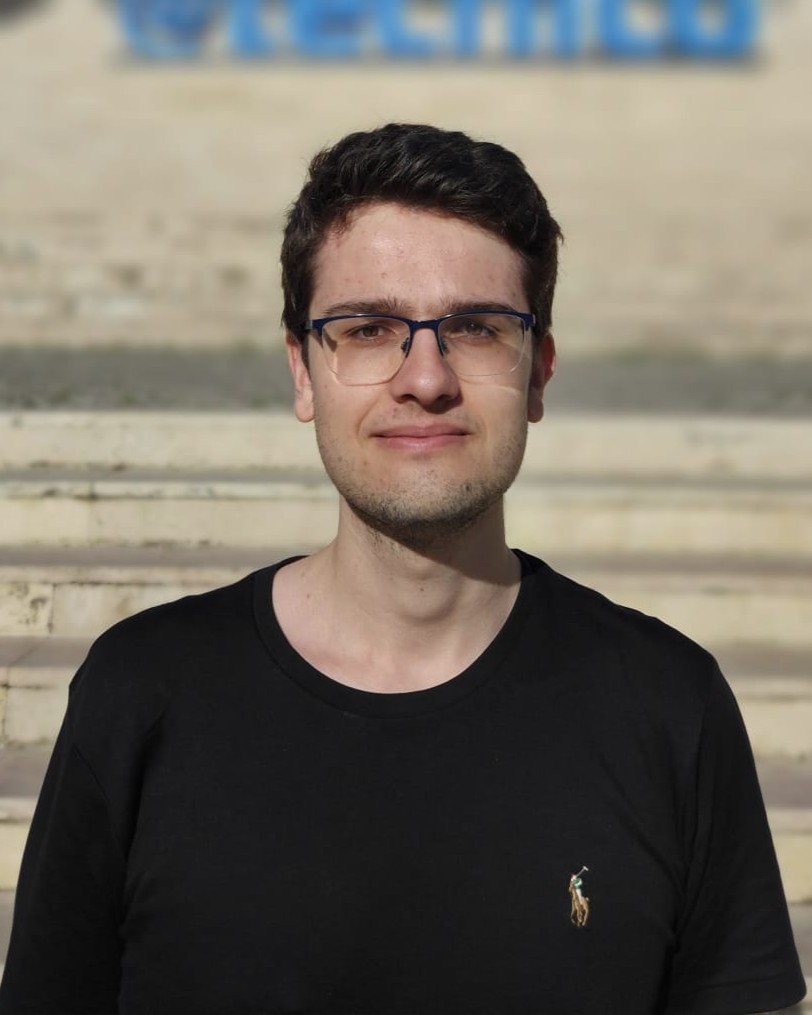
José Costa
José is a 3rd year undergraduate student of Engineering Physics at Instituto Superior Técnico. He is working under supervision of Prof. Frederico Fiuza for the Gulbenkian Novos Talentos scholarship, focusing on nuclear fusion plasmas, namely the interactions of fast-moving electrons with microinstabilities in the magnetic field.